Water Crises Named the Biggest Business Risk in Four Countries
World Economic Forum survey highlights growing business concerns about water.
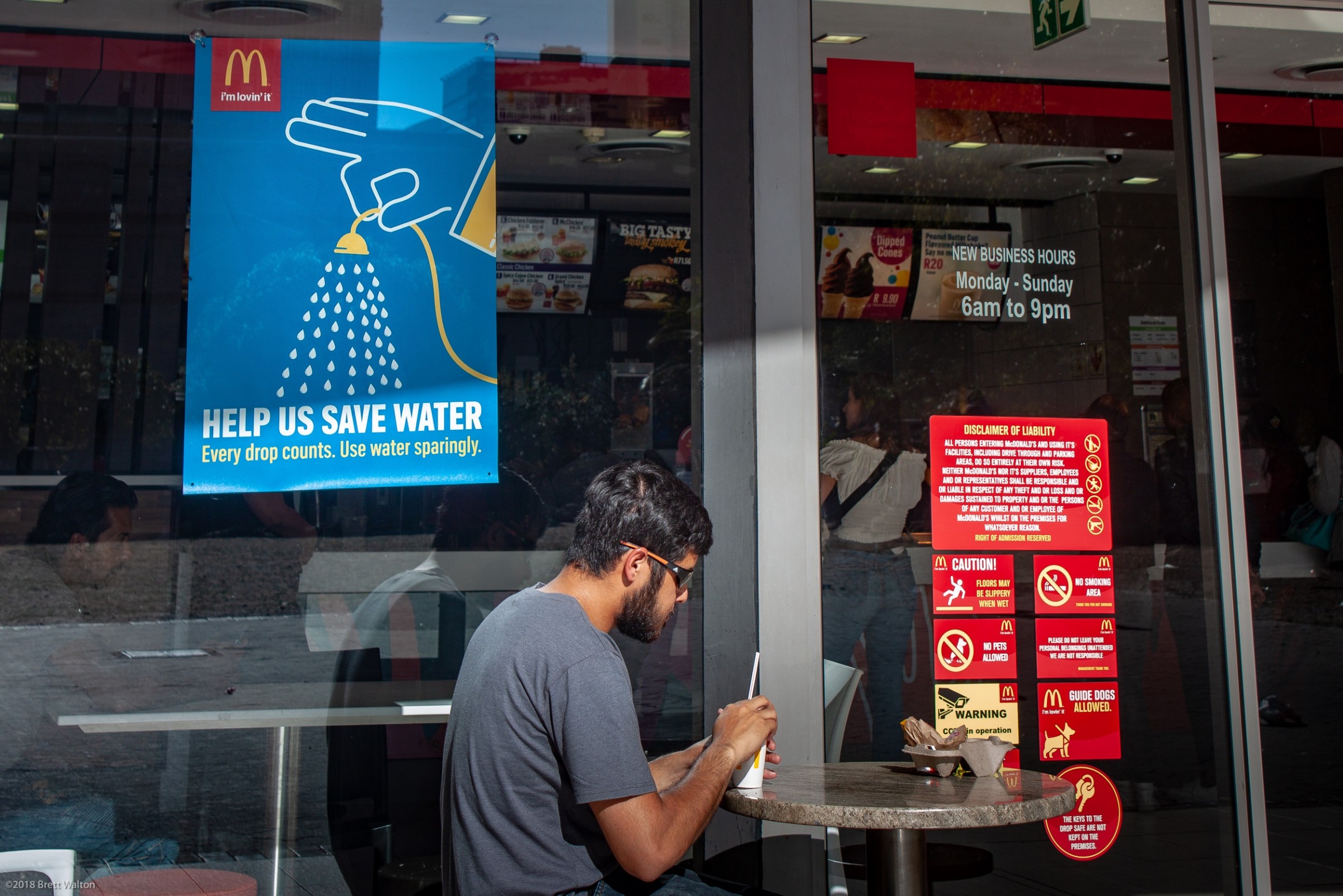
Businesses in Cape Town urged their customers to conserve water earlier this year because of a historic drought. Photo © Brett Walton/Circle of Blue
By Brett Walton, Circle of Blue
Not a rapid growth in energy prices. Not unemployment. Not rising public debt. Business leaders in some of the world’s most water-stressed countries say that water availability and pollution are the biggest risks to their operations.
In a World Economic Forum survey, private sector executives in Egypt, Iran, Namibia, and Pakistan ranked “water crises” as the top business risk in their countries. In 15 other countries, mostly in southern and northern Africa, southern Asia, and the Middle East, water crises ranked in the top five.
Look deeper in the report, and fluctuations in the availability of fresh water are even more apparent. Executives across the global worry about having too little water or too much, about damaging storms and droughts, and about the social and political fallout from those situations.
The planet is screaming at us, and the language it uses is water.” — Peter Bakker, World Business Council for Sustainable Development
Business executives and investors are gaining the same awareness as national security experts, generals, and diplomats: that the lack of reliable, clean water, made worse by climate change, unsettles societies, politics, and economies.
“The planet is screaming at us, and the language it uses is water,” says Peter Bakker, president and CEO of the World Business Council for Sustainable Development.
In Thailand, the top risk was manmade environmental catastrophes. Natural catastrophes, a similar but separate category, ranked first in five countries, including Chile and China. Extreme weather was deemed the biggest risk in Jamaica, New Zealand, and Norway. In 14 European countries, mass migration, which has been linked with drought and political instability in the Middle East and Africa’s Sahel region, rated as a top five risk.
Because it is the biggest water user, often responsible for more than three-quarters of a country’s freshwater consumption, the farm sector is especially vulnerable. The Pakistan Council of Research in Water Resources says that groundwater depletion in arid Balochistan, known as the fruit basket of Pakistan, has led to the abandonment of orchards, culling of livestock, and migration to cities. In the country’s largest province, groundwater levels are dropping by an alarming 5 meters (16 feet) per year in some basins.
In Iran, water scarcity and mismanagement is both an urban and rural problem. Rivers, lakes, and aquifers are being desiccated as the region becomes more arid and demands grow for farmers and domestic use. Tehran, meanwhile, is sinking rapidly due to groundwater depletion. At least a tenth of the capital city’s land area is affected by subsidence according to a study based on satellite data that was recently accepted for publication. Land around the international airport is sinking 5 centimeters (2 inches) per year.
“The excessive consumption of water, especially from groundwater is a threat and could have terrible social consequences,” Isa Kalantari, head of the Iranian Environment Department, told the French news agency AFP in October.
Local Risks Multiply
The potential for economic damage due to water scarcity was most visible this year in the Western Cape province of South Africa, where a historic drought brought Cape Town and the province to the brink of catastrophe. Reservoirs have refilled now, and the city is loosening residential water restrictions. But the memory of nearly running short of water is imprinted on the business community, says Jane Reddick, a water sector analyst at GreenCape, a nonprofit green business group based in Cape Town.
“In general, the drought (and the communications around this) has created an awareness among businesses in the Western Cape of their vulnerability to water risks,” Reddick told Circle of Blue in an email. “They realized how heavily dependent they are on water supply, and the significant risks that water shortages pose.”
In the World Economic Forum survey, South African respondents ranked water crises as their second biggest risk, after unemployment.
Reddick pointed to another report to underscore the perception of increasing risk. In a survey conducted in January by the Cape Chamber of Commerce and Industry, 79 percent of businesses saw the drought as a threat to business. The tourism industry was particularly worried. Chris van Zyl, group sustainability manager at The Vineyard Hotel in Cape Town, told Circle of Blue that the hotel lost several big conference bookings that month, after the mayor announced that shutting off water to homes and businesses was imminent.
The mayor’s announcement sparked panic. Residents hoarded water and queued for hours to fill jugs from natural springs. The announcement also made a point: businesses could not ignore water scarcity. The city’s extreme water restrictions compelled many to take action and invest in efficiency improvements and meter their use, Reddick said.
Though water was never shut off and reservoirs are no longer at precarious levels, “there has been a permanent shift in how businesses value water,” Reddick said.
Known for its annual gathering in Davos of the world’s political and business elite, the World Economic Forum received survey responses from more than 12,500 business leaders in 138 countries. They were asked to name the biggest risk to doing business in their country. Respondents were given a list of 30 risks from which to choose, the same list that the Forum uses in its annual ranking of global risks to society. “Water crises” was not defined, leaving the interpretation to the respondent.
In the global risks report, published every January, water crises, and environmental issues in general, have climbed to the top of the pack and “have become prominent and dominant in survey results,” Aengus Collins, head of global risks and the geopolitical agenda at the World Economic Forum, told Circle of Blue.
The business risk report, however, is narrower. It is filled out by private sector businesses only, not the political leaders, academics, and nongovernmental organizations that respond to the global risks report. The business survey also asks executives only about operational concerns, such as hiring and supply chains, within the next decade. “It’s a different respondent sample being asked about risk in a different context,” Collins explained.
That’s why in the aggregated global results, from the business survey, unemployment comes out as the top risk.
“I can see how a business person might say that climate change is the foremost risk for the planet, while also saying, ‘I don’t think my business operations are going to be disrupted in the next 10 years,’” Collins said.
Brett writes about agriculture, energy, infrastructure, and the politics and economics of water in the United States. He also writes the Federal Water Tap, Circle of Blue’s weekly digest of U.S. government water news. He is the winner of two Society of Environmental Journalists reporting awards, one of the top honors in American environmental journalism: first place for explanatory reporting for a series on septic system pollution in the United States(2016) and third place for beat reporting in a small market (2014). He received the Sierra Club’s Distinguished Service Award in 2018. Brett lives in Seattle, where he hikes the mountains and bakes pies. Contact Brett Walton

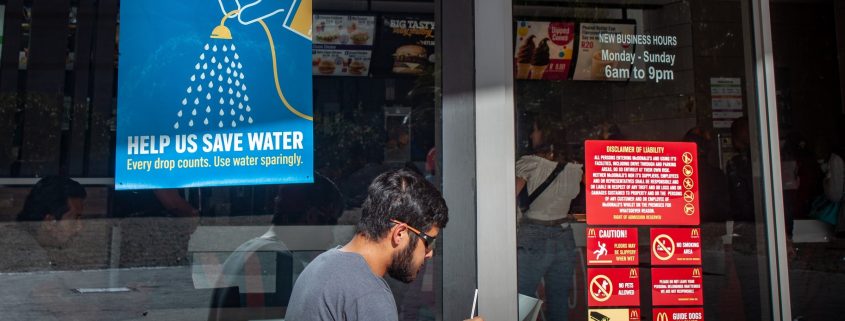

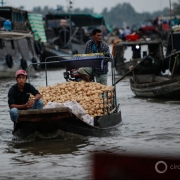
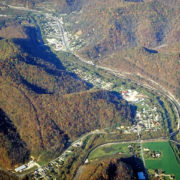


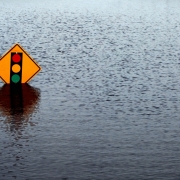
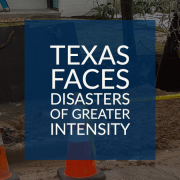



Leave a Reply
Want to join the discussion?Feel free to contribute!